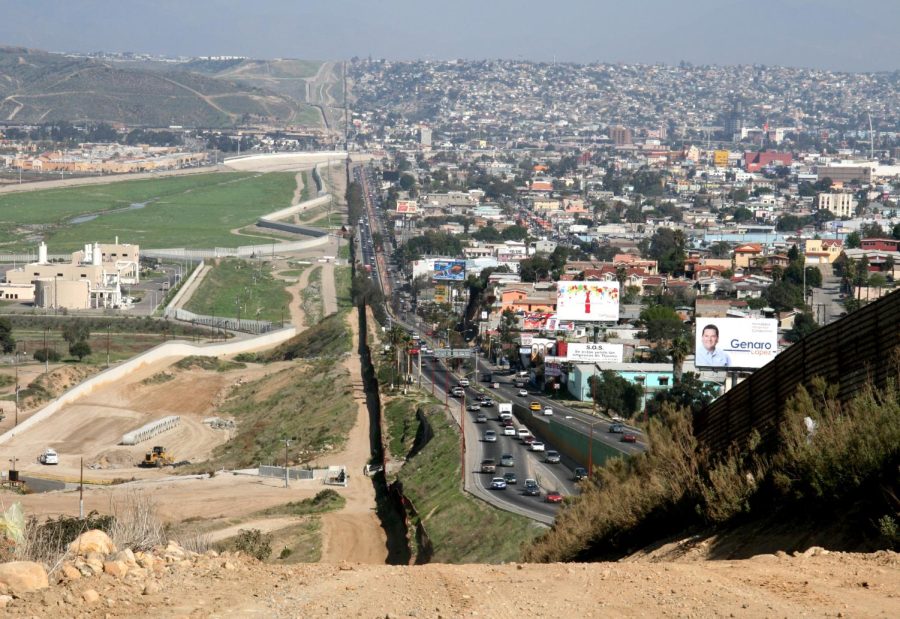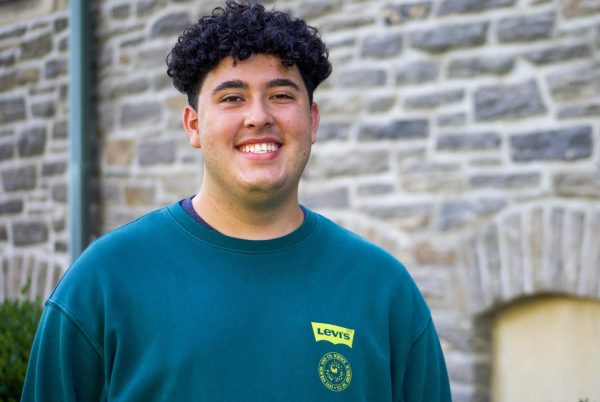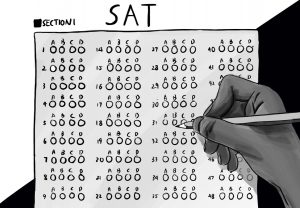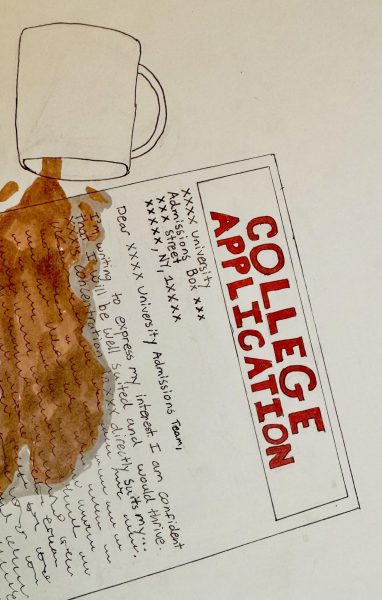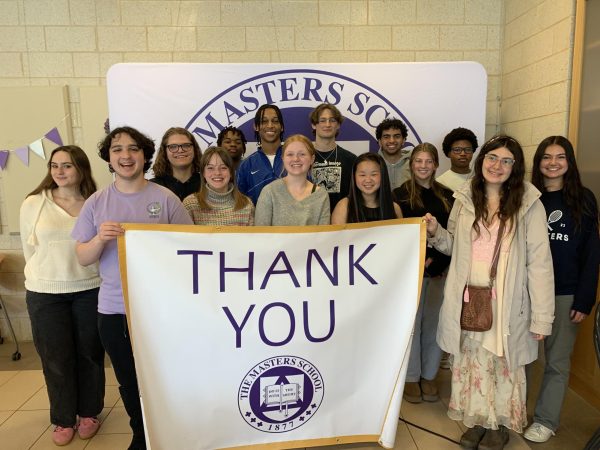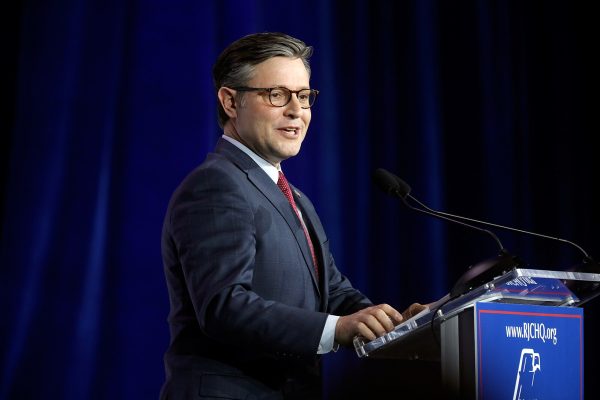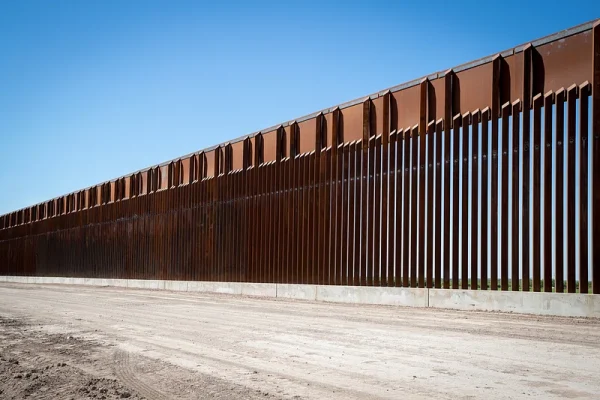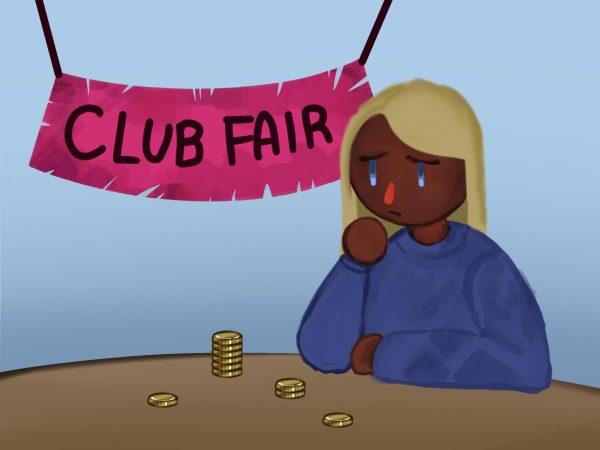A country without compromise
Sgt. 1st Class Gordon Hyde / Public Domain
A small fence separates densely-populated Tijuana, Mexico, right, from the United States in the Border Patrol’s San Diego Sector. Construction is underway to extend a secondary fence over the top of this hill and eventually to the Pacific Ocean.
May 28, 2023
In 2022, a record-breaking 2.76 million undocumented people crossed the U.S.-Mexico border. That broke the record of immigrants entering the U.S. without documents by about one million in 2021. President Andrés Manuel López Obrador of Mexico estimates there to be 12,000 illegal immigrants crossing the border every day.
This flood of immigrants has led to the burden of immigration being placed on a few cities around the nation, including one city that’s right in our backyard, New York City. NYC has had to physically and financially provide for these immigrants.
In the last year, New York City has taken in over 50,000 immigrants bussed in from states such as Texas and Florida. Because of the influx, shelters are nearing full capacity, leading to the city to establish temporary housing and use hotels –all this on top of the already high homeless rates in the city – to combat the issue. This is going to cost a projected 4.3 billion dollars, taken from New York City residents’ tax dollars.
The long term solution isn’t leaving our borders accessible for people to enter. Nor is it the opposite, closing them forever.
Instead, we must find common ground to end the humanitarian crisis that is affecting millions of lives around the world. Many immigrants coming into our nation are seeking asylum because they are running from dangerous – sometimes life-threatening – situations in their home countries.
However, it can take up to four years for an asylum case to be reviewed, which shows the lack of competence in our immigration system and the lack of support or care for those in need of help. There must be reform.
One solution could be to allow asylum seekers to get work authorization papers much more quickly so that they can work to support themselves while they wait for their cases to be adjudicated. While the problem of large-scale immigration will most likely never cease to exist, what we can do is provide support for those immigrants to work, which allows them to be able to pay for their own food and housing, while also paying back to the city and country through taxes.
The process to obtain working papers is currently too difficult and long. Illegal immigrants can not obtain working papers and only undocumented immigrants that are applying for asylum can be eligible for working papers, but even that process takes a minimum of five months and can drag out far longer. The application process is not an easy one, either.
It is hard to access and navigate applying for working papers or seeking asylum, especially without being fluent in English. Without the vital work permit, immigrants who do get jobs illegally are often paid low wages off the books, with no worker protections, which makes it impossible for them to support themselves and their families in the American economy. In addition, few of these off-the-book workers are paying income tax to show goodwill in their immigration cases.
On the other hand, with easier access to work permits, the reliance of immigrants on shelters and local governments could be relieved and costs to taxpayers decreased. In the end, the economy will also benefit from the filling of jobs that others may deem unwanted, especially in this era of very low unemployment.
Americans all over the country must recognize that this is a country built on the foundation of immigration. This is not easy because the United States of America is in an age where the Left can not shake hands with the Right, and our sense of compromise and empathy as citizens has been blinded.
However, rather than turning a blind eye to the issue or offloading the problem to other Americans, we must again unite, explore common sense proposals like making work permits more accessible to asylum seekers, so that we can support fellow humans that deserve rights and opportunities to thrive, just like we in the Masters community have the opportunity to do, for the eventual growth of our nation.



